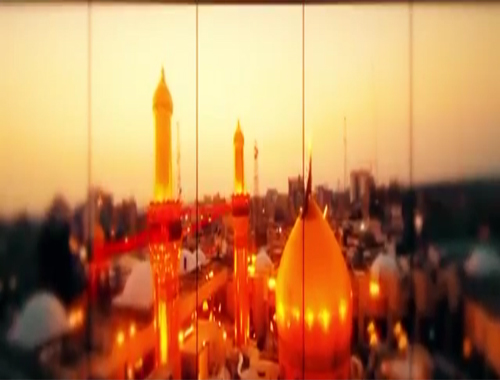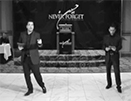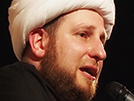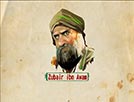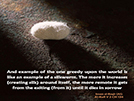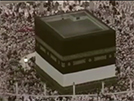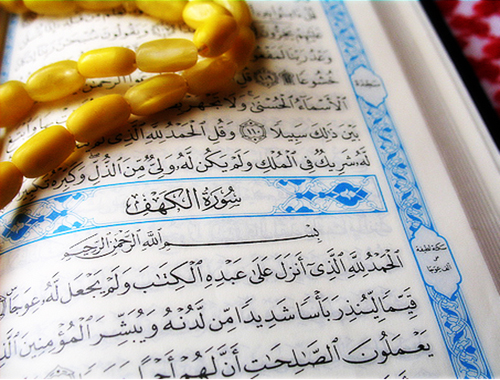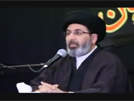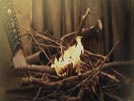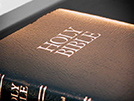
Islam emphasizes respect for the body as a gift from Allah; a Muslim does not assume absolute “ownership” of his or her body, but only cares for it as a precious gift while he/she lives, until it is returned to its Creator upon death. Muslims are required to take good care of their health and that of other Muslims as much as humanly possible. We are also required to respect nature, the environment, and the physical well-being of all living things, including humans of other faiths. Prophet Muhammad (P.B.U.H&H.P) conveyed to Muslims that they will be asked in front of Allah on Judgment Day about how they used the gift of healthy bodies in life. Contrary to some other faiths, a Muslim is prohibited from terminating his own life or abusing or damaging his own body.
As the Holy Qur’an says: “And spend of your substance in the cause of Allah, and make not your own hands contribute to [your] destruction; but do good; for Allah loves those who do good.” (2:195)
Islam teaches that every living being has an equal right to life-sustaining elements, and humans get the greatest share of respect as the deputies of Allah on Earth. Muslims are instructed to study the functions of our own bodies in order to appreciate Allah’s magnificence and to be able to save precious lives.
According to these principles, seeking medical help to “repair” effected or impaired physical functions becomes a priority for a good Muslim to maintain a body healthy enough to fulfill his Islamic duties on earth. If we are invited to ponder the complexity of our bodies, why then would it not be essential to learn of how to repair it in the event of injuries?
Islam, a Religion of Healing
In addition to seeking medical assistance from a professional to cure the body on emergencies or chronic cases, Islam offers the sick and the ailing cure for their souls and minds through an array of Qur’anic verses and supplications. We believe that Allah is the Creator of everything in the universe, including germs, illness, accidents, natural disasters, etc. So, after seeking medical assistance, we are required to turn to Allah to for comprehensive healing.
In fact, the healing philosophy is taken a step further as Islam looks at the Muslim nation as one healthy human body: as the Holy Prophet (P.B.U.H&H.P) said: if one member is sick, the rest of the body suffers. Consequently, Muslims worldwide are supposed to offer assistance, first aid, and life sustenance to their Muslim brethren in other lands affected with natural disasters or epidemics – thus the creation of international organizations such as Islamic Relief and the Red Crescent.
Islamic Ethical System Refined Arabs’ First Aid Skills
As Islam spread, a comprehensive ethical system was introduced into all aspects of the daily lives of its followers, through the teachings of the Holy Qur’an and our Infallibles (A.S). The Qur’an elaborates on being kind and humane to others, even to prisoners, captives, and enemies during wars. In fact, there are several instances where the Prophet is reported to have administered First Aid on the battleground to his followers. In his famous seminary in Medina, Imam Sadiq (A.S) used to teach medicine to his students alongside jurisprudence, chemistry, and mathematics.
Even during wars, medical help and first aid was systematically offered to everyone in equal measure, Muslim soldiers as well as prisoners of war. Muslim women volunteered as nurses at war. As a result, many captives embraced Islam after sampling superior humane treatment from their Muslim captors. In fact, when Imam Ja’far as-Sadiq was asked about the role of women in the army of the Twelfth Imam (A.S), he said, “They will treat the injured and look after the sick, just as the [women did] at the time of the Messenger of Allah [during the battles].” (Ithbatul Hudat)
Consequently, the teachings of the Infallibles remind us that as they practiced administering First Aid, so too must we, and in doing so, we follow their Sunnah. This following led to Muslims being regarded as skilled First Aid and medical experts when they traveled across the world. People came to them for advice and information. Many such stories are recorded in history and travel books in Europe, Asia, and Africa. In a few decades from the dawn of Islam, Muslims built the firm foundations of the science of modern medicine, anatomy, and surgery. The work of the great Muslim scientist Ibn Sina (Avicenna) is still taught in medical schools around the world to this present day.
This article borrowed from Islamic Insight.
 The Messenger of Allah (P.B.U.H&H.P) - Islam Guidance
The Messenger of Allah (P.B.U.H&H.P) - Islam Guidance